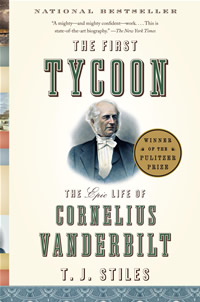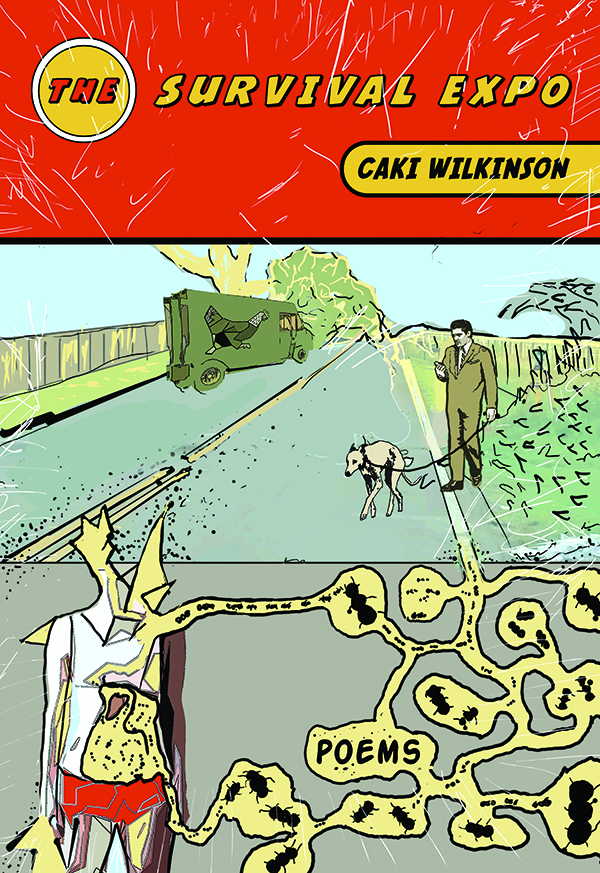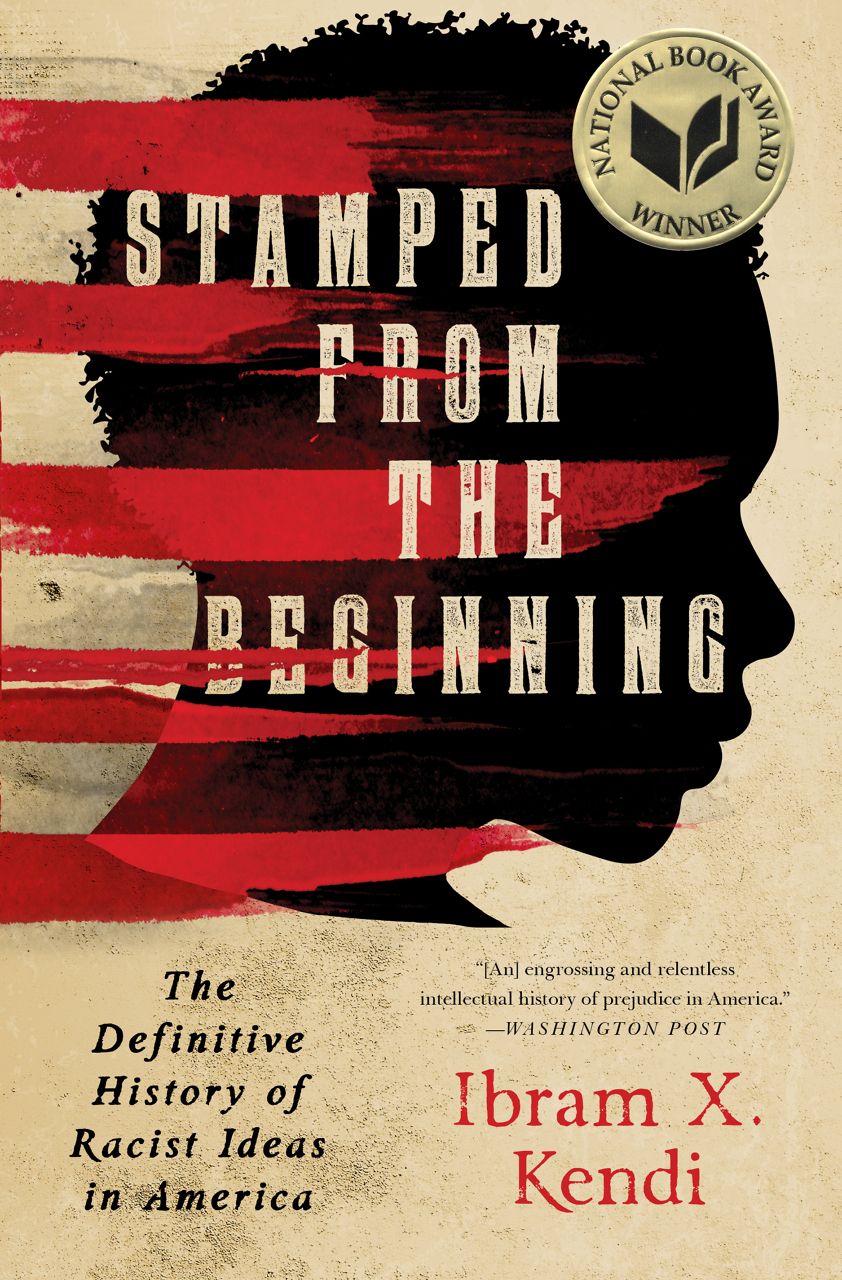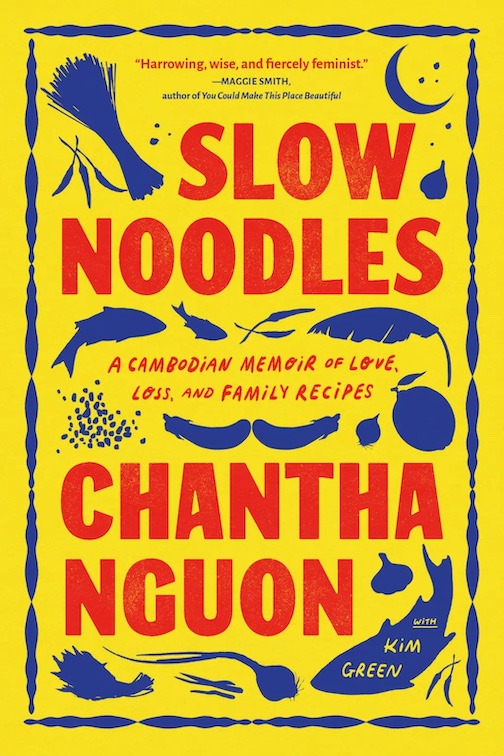Commodore Central
Pulitzer Prize-winning biographer T.J. Stiles talks with Chapter 16 about the life and legacy of Cornelius Vanderbilt
Around Nashville, Cornelius Vanderbilt is best known for the university that bears his name. Most folks are aware that Vanderbilt, like Andrew Carnegie and John D. Rockefeller, was one of the nineteenth century’s great industrial barons, and one of the first to command the nation’s vast rail networks. But where did he come from? And why was he called the commodore? And why would a Northern industrialist give a small treasure to fund a university in post-Civil War Tennessee?
As author T.J. Stiles details in his Pulitzer- and National Book Award-winning biography, The First Tycoon, Vanderbilt led an epic life, one that began in near poverty less than a decade after the Constitution was written and ended atop one of the greatest accumulations of wealth the world had ever seen. He built this fortune first on ferry services around New York Harbor, then steamships plying the East Coast and Gold Rush California, and finally a web of railroads that linked New York with the riches pouring out of the Midwest through Chicago. Along the way, Vanderbilt played a key role in everything from Central American rebellions to Civil War naval confrontations.
Chapter 16 recently had a chance to interview Stiles, who is on tour to promote the paperback edition of his book.
 Chapter 16: Your previous book was about Jesse James, another famous American from the mid-nineteenth century, but one with a much different story. What led you to shift from a post-Civil War rebel to a railroad tycoon?
Chapter 16: Your previous book was about Jesse James, another famous American from the mid-nineteenth century, but one with a much different story. What led you to shift from a post-Civil War rebel to a railroad tycoon?
Stiles: When asked about my approach, I always say that I want to tell good stories and ask big questions. In looking at whether Jesse James really was an anti-railroad Robin Hood, I explored the railroad and financial systems during and after the Civil War. I became interested in big questions that really belonged in another book—the rise of the railroad and the corporate economy. I began to look for someone involved in those topics whose life was also a good story. Cornelius Vanderbilt presented himself: a central figure in the making of the modern economy, a man whose personal life was physical and dramatic, and whose business career was shaped by a series of high-stakes battles. And there hadn’t been a serious biography of him since 1942.
Chapter 16: A significant theme throughout the latter part of the book is post-Civil War reconciliation. Vanderbilt was a born-and-bred New Yorker, but he was also a relatively apolitical businessman. Where did he stand on the bundle of issues that defined the North-South divide?
Stiles: There are only hints in the surviving record of Vanderbilt’s views on many of the issues that fed the political ferment leading to the Civil War. When it comes to race and slavery, he seems to have had the bluntly practical view of a businessman who believed in self-interest as the path forward. For example, he grew up with slavery. There was a great deal of slavery in eighteenth-century New York, and it was concentrated in heavily Dutch areas, including northern Staten Island, where Vanderbilt grew up. It only went away slowly, as the state ended slavery with a gradual manumission act.
On the other hand, the waterfront was one place where black men worked on something like equality with white men, and even had authority (though their position eroded over the years). Vanderbilt’s employer from 1817 to 1826 was Thomas Gibbons, who was a planter from Georgia. Vanderbilt ran a steamboat for Gibbons, but he also worked with an emancipated man who was captain of a sailboat ferry also owned by Gibbons. Letters show the former slave took pains to assert his authority and equal standing with white men, who often complained to Gibbons. With Vanderbilt, on the other hand, there’s no sign of friction. That’s not to say he was not racist; to my knowledge, he never gave any authority to African Americans who worked for him, though he employed many. It’s just that he was practical.
As the war approached, he distanced himself from the positions of the Know Nothings, taking a public stand in favor of immigration, against tariffs, and against government interference in the economy, but he also opposed secession. My hunch is that he did not approve of attempts to expand slavery, not out of any moral position, but because it threatened to destroy the Union, and slavery went against his deep belief that self-interest drives the world. When the war broke out, he tried very hard to donate his largest steamship, the Vanderbilt, to the Union Navy. Navy Secretary Gideon Welles put him off, and it was only during the scare created by the ironclad Virginia (formerly the Merrimack) that he succeeded. He provided other services to the navy, all free of charge. Patriotism was his one great sentiment. We see this in the names he gave to his sons, whom he named after his heroes: George Washington Vanderbilt, William Henry Vanderbilt (after William Henry Harrison), and Cornelius Jeremiah Vanderbilt (after himself, of course).
Chapter 16: Why do you think regional reconciliation was so important to him after the war? Was it an extension of his business interests, or something else?
 Stiles: Curiously, he went against his business interests when it came to secession and postwar reconciliation—or, at least, he was not obviously promoting his interests when it came to these issues. Before the war, he controlled steamship lines that ran along the coast of the South, and connected North and South. It was in his interest to appease the “fire-eaters” who threatened secession in 1860. Many New York businessmen urged the federal government to give in to secessionist demands. (New York was at the very center of the cotton economy.) But Vanderbilt did not, and, as I described, he backed the Union government with his fortune.
Stiles: Curiously, he went against his business interests when it came to secession and postwar reconciliation—or, at least, he was not obviously promoting his interests when it came to these issues. Before the war, he controlled steamship lines that ran along the coast of the South, and connected North and South. It was in his interest to appease the “fire-eaters” who threatened secession in 1860. Many New York businessmen urged the federal government to give in to secessionist demands. (New York was at the very center of the cotton economy.) But Vanderbilt did not, and, as I described, he backed the Union government with his fortune.
After the war, though, his rail interests really did not extend into the South. Unlike the Pennsylvania Railroad, which invested huge amounts of money south of the Mason-Dixon line, Vanderbilt was mainly interested in the lines between Chicago and New York. Yet this was the period in which he took several steps to reach out to the South. He served as a bondsman to get Jefferson Davis out of prison, married a woman from Mobile, Alabama, as his second wife, and even had Confederate General Braxton Bragg as a witness at his second wedding. He endowed Vanderbilt University very much because it was in the South. This reflected his patriotism just as his assistance to the Union Navy had during the war itself. Now, he did nothing to help emancipated slaves. When he thought of the South, he thought of the white South, the planter class in particular.
Chapter 16: How influential was his second wife, Frank, a traditionally minded Southern woman he met after the war?
Stiles: Vanderbilt loved and even admired Frank, which ran against his distinctly misogynistic outlook. He told his sister, Phebe, on his deathbed, “She has been so good to me, so true, so pure. I know she will never do dishonor to your name, Phebe. Say to my family too no matter how they do, they will always find her a lady. … She may be like other women, but I have never detected any selfishness in her.” And she helped him, too, particularly in high society. By the time they married in 1869, Vanderbilt was a fixture in high society, yet not fully accepted. She helped to polish his gold, as it were. She rapidly got over her self-consciousness in the elite social scene at Saratoga Springs, for example; we find her outfits were written up in the society and fashion columns with evident admiration. One paper wrote of her in 1870, “Mrs. Vanderbilt is admired more for her hauteur and modest dignity than for any dazzling beauty.” She certainly played a role in the transformation of the way the social elite saw him, from “illiterate & boorish,” according to a credit report in 1853, to “honorable and high-toned” in the 1870s. In 1873, they even led off the opening ball of the season in Saratoga Springs.
Frank had a difficult relationship with Vanderbilt’s daughters, but not so much with the Commodore himself, who loved her very much. Her letters, diary, and even comments from Vanderbilt’s daughters in open court show that some of them snubbed her, which aggravated him a great deal. He forced one of his most petulant daughters, Sophia, to shake hands with her and formally make up while he was on his deathbed.
Chapter 16: For most Nashvillians, Vanderbilt is first and foremost associated with the university he endowed in Nashville. He seems to have been much less given to grand charitable acts than men like Carnegie or Rockefeller, and yet he gave a great deal to Central University, which then changed its name to Vanderbilt. Why?
Stiles: Vanderbilt’s involvement in his eponymous university reflected two things. First, there was his sincere patriotism. He very deliberately mirrored his nearly million-dollar gift of the steamship Vanderbilt to the Union Navy with a nearly million-dollar endowment of the university, because it was in the South. As he told a reporter at one point, “It was a duty that the North owed to the South, to give some substantial token of reconciliation which would be a benefit, and he wanted to do his individual share by founding an institution.” As he told the Rev. Charles F. Deems, as the minister recalled, “The Commodore … said that he had this in mind during the Rebellion. He spent a million of money in sending a vessel against the Southerners to show his views then, and he wanted to give the money after the war to show them that the men of the North were ready to extend the olive branch.”
The second factor was Bishop Holland N. McTyeire, who was the central figure in the Central University. After a lifetime of betrayals by colleagues, personal character and ability was very important to Vanderbilt. He met McTyeire when he came to New York for medical care; his wife was cousin to Frank, so he stayed at the Vanderbilt home. He described the project, but was wise enough to avoid asking for money. As a condition of the endowment, Vanderbilt insisted that the founding documents of the university give McTyeire, whom he trusted, the final control over any decisions by the trustees. Though Vanderbilt never visited the university, he took close interest in the financial side of its establishment, providing cash as it was needed, for example, and gently chiding McTyeire when he handled finances incorrectly.
Chapter 16: Vanderbilt died in 1877, not long after he endowed his namesake university. What kind of country did he leave behind, and how much did he do to bring it to that point?
Stiles: There’s a paradox in Vanderbilt’s legacy. On one hand, he helped to craft the scrappy, individualistic, competitive, up-by-the-bootstraps America that emerged in the antebellum era. He embodied competition—”the spirit of resistance,” as he once put it. This is still a key part of our culture today. Yet he also helped to create big business. That had a number of consequences. For one, his transportation lines helped to both expand and integrate the nation, making us more mobile and more interconnected. For another, it created enormous wealth, both directly through his highly profitable companies (which shared their profits through dividends) and indirectly, by speeding the growth of the economy.
But big business also led to more controversial consequences. Vanderbilt amassed immense power through the giant scale of his enterprises, which he often used ruthlessly to defeat his enemies, harming or inconveniencing millions of innocent bystanders. The power of private enterprise to hurt the public interest is bitterly debated to this day. The rise of big business also embedded Americans in an increasingly thick organizational web. It created classes of people who work permanently for others, particularly large companies. It institutionalized the average person’s life. Today’s worries about credit scores, mortgage payments, insurance of all kinds, resumes, and the state of one’s 401k (which puts millions in contact with financial markets) all stem from birth of the corporate economy in the nineteenth century. Vanderbilt, a man born during the presidency of George Washington, was a creator and master of that economy. We feel his legacy in almost every financial thing we do. Fortunately for me, and my readers, he also lived an amazingly dramatic life.





